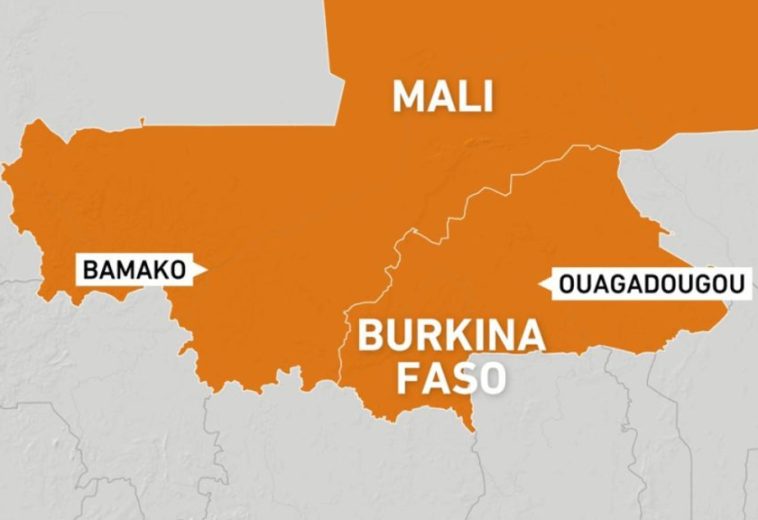Part of the continent’s vulnerability is exacerbated by a significant gap in climate finance, hindering its ability to adapt and mitigate the effects of global warming. Urgent action is needed to address this financial disparity and build resilience in the face of a changing climate.
Africa bears a disproportionate burden of climate-related challenges, including extreme weather events, droughts, and rising sea levels. Despite contributing the least to global greenhouse gas emissions, African nations are at the forefront of climate change impacts. The challenge lies in bridging the substantial gap in climate finance – the funding required to implement projects and policies aimed at climate adaptation, mitigation, and sustainable development.
Several factors contribute to Africa’s climate finance gap. Limited access to international funding mechanisms, a lack of capacity for project implementation, and competing development priorities divert resources away from climate-related initiatives. Additionally, the economic challenges faced by many African nations further constrain their ability to invest in climate-resilient infrastructure and technologies.
Urgent Action Needed
The international community must prioritize and amplify efforts to support Africa in its climate finance endeavors. Developed nations, in particular, should fulfill their commitments to contribute to the Green Climate Fund and other financial mechanisms designed to assist developing countries in their climate efforts.
Exploring and implementing innovative financing mechanisms is crucial. This includes leveraging public-private partnerships, promoting sustainable investments, and creating incentives for businesses to engage in climate-resilient projects. The development of green bonds and climate insurance can also play a significant role in closing the finance gap.
Building local capacity is essential for effective climate finance utilization. Training programs, knowledge sharing, and technology transfer can empower African nations to design and implement climate initiatives that align with their specific needs and priorities.
Integrating climate considerations into national policies and development plans is vital. Governments should prioritize climate action and align their policies with sustainable development goals, ensuring that climate resilience becomes an integral part of the overall development agenda.
Inclusive and community-driven approaches are crucial for the success of climate initiatives. Engaging local communities in the planning and implementation of projects enhances their effectiveness and ensures that solutions are tailored to the unique challenges faced by different regions.
The urgency of addressing Africa’s climate finance gap cannot be overstated. Timely and concerted efforts at both national and international levels are necessary to empower the continent to adapt to the impacts of climate change and contribute to global mitigation efforts. By bridging the finance gap, the international community can foster sustainable development, protect vulnerable ecosystems, and build a resilient future for Africa and the planet as a whole.


